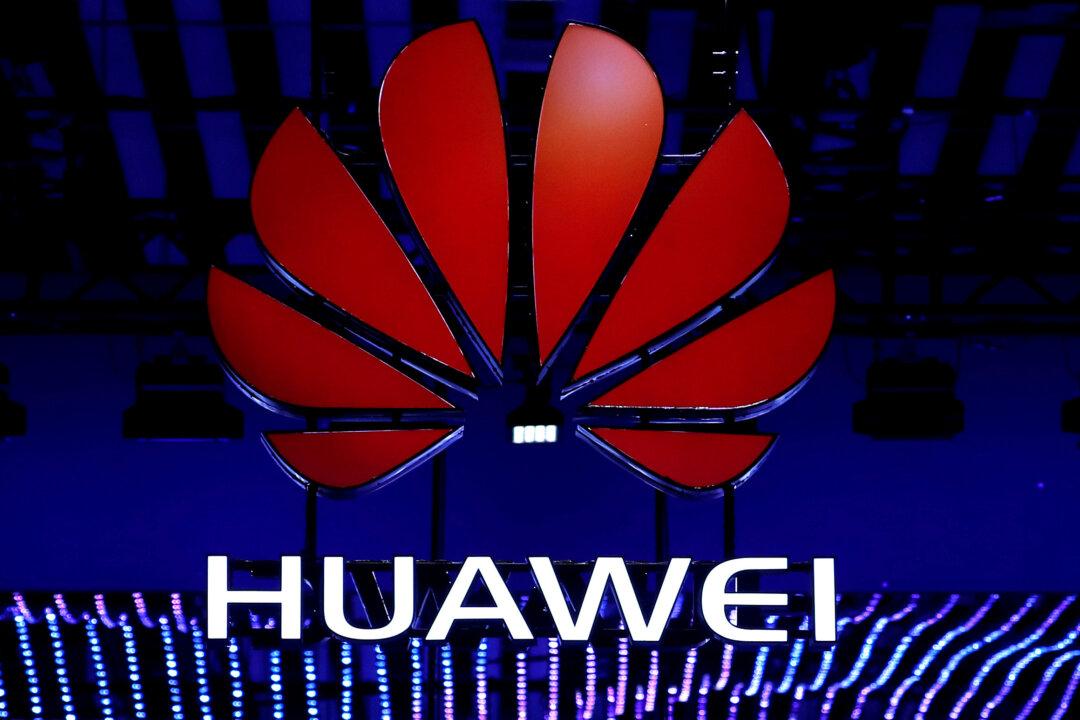In his analysis of Huawei’s business model, Chinese economist Wang Shuangyi came to the conclusion that the massive tech company serves as a “gan si dui,” or “dare to die” kamikaze unit in Beijing’s strategy to dominate markets around the world.
“The basic business model of Huawei can be summed up as a sweatshop [that works as] the Chinese Communist Party’s ‘dare to die unit’ [in a global] Ponzi scheme,” Wang wrote in the Dec. 20, 2018, article.





